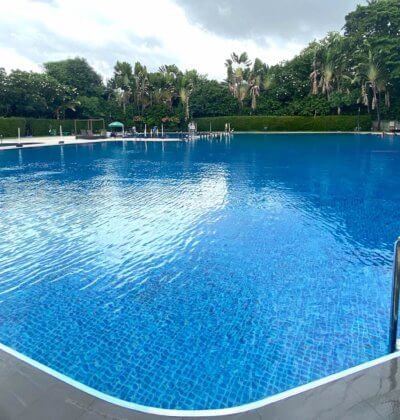 Courses
Courses
PADI Open Water Course In Bangkok
Given the busy lifestyle of our students from Bangkok, Aussie Divers is now offering as a part of PADI Open Water Courses, training in Bangkok. This will include the confined water (pool training) and if required, theory training. You will still have access to the awesome Aussie Divers 5 Star staff.
Book Your PADI Open Water Training IN Bangkok With Aussie Divers Here
Aussie Divers now have access to one of the best scuba diving training facilities in Thailand. Bangkok residents can prepare for their PADI Open Water Course at home and travel to either of our dive centres in Phuket or Koh Tao to complete their open water dive.
[...]
Read The Story
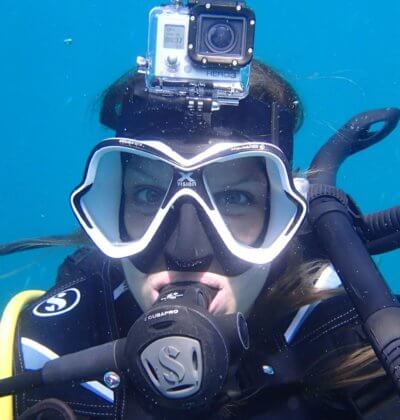 Everything Else
Everything Else
Why does my scuba mask fog up?
Fogging scuba or snorkeling masks have been a scuba diving issue since scuba diving first started.A foggy mask can ruin a dive. Here we will try and work out why does our scuba masks fog up?
The basic principle on why a mask fogs is a simple one. In the simplest term, temperature inside the mask is greater than the outside of the mask. The temperature difference occurs because our body temperature inside (skin, forehead, breathing) is around 37 degrees Celsius or 98 degrees Fahrenheit and the water on the outside of the mask is less than the water temperature.
Very basically, the temperature difference causes condensation (assiste [...]
Read The Story
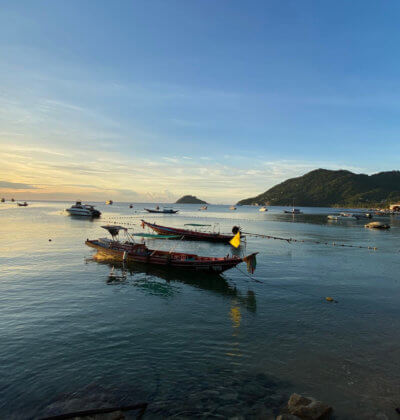 Everything Else
Everything Else
Things you cannot do straight after scuba diving
During your PADI Open Water course you learnt that there are some things you cannot do straight after scuba diving. We can all remember that we cannot fly after scuba diving however there are quite a number of other things we should avoid doing as well.
All have to do with the build-up of nitrogen in our body and all heighten the risk of decompression sickness and should be avoided.
As you will read, a lot have not been tested. They are however recommendations from experts in the field based on their knowledge.
As we have all learnt previously we cannot fly after scuba diving. PADI recommends 12 hours after a single di [...]
Read The Story
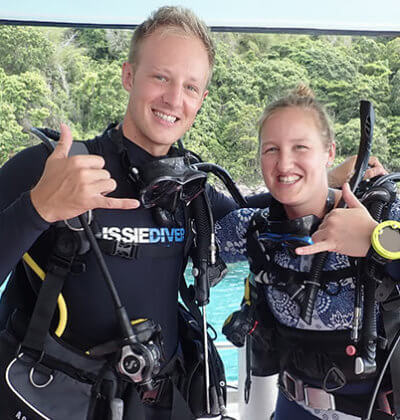 Our Dives
Our Dives
My First Dive – Aussie Divers Staff
The staff at Aussie Divers Phuket talk about their first dive.
The first ever dive I did was on the Great Barrier Reef out of Cairns, Australia around 2004. I did a two dive PADI Discover Scuba Diving with a friend and it was her idea.
The trip that we went on was a spit between snorkelers and scuba divers. Most were snorkelers.
The experience was quite strange for me getting used to breathing underwater. I can recall not feeling too comfortable until the second dive. From what I remember the colors of the coral were vibrant and the was not that far below the surface. It was a nice dive with good visibility.
Strangely en [...]
Read The Story
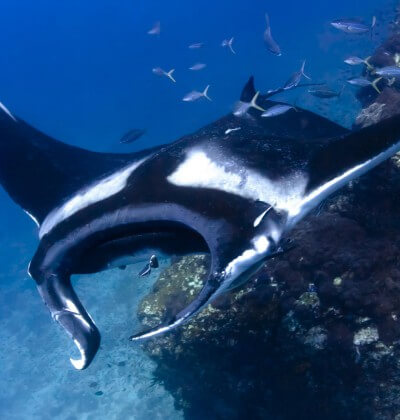 Our Dives
Our Dives
My Most Memorable Dive
Here is a list of the staff at Aussie Divers most memorable dives.
My most memorable dive was at South Tip, Racha Noi in 2009. It was a charter trip with a company I used to work for. The boat was full of either divemasters or instructor.
My group was the last in the water, there were three of us. We were doing our safety stop when I noticed a huge Oceanic Manta Ray in the distance swimming towards as. The manta ray swam right up to us and started swimming circles around us. It was amazing and needless to say we start a bit longer underwater than we should have.
We were pumped when we got back on the boat and would not shut [...]
Read The Story
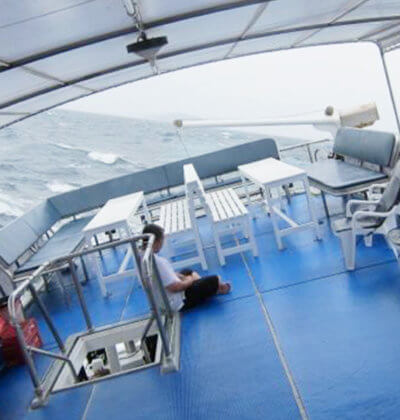 Diving Health
Diving Health
Tips on How to Prevent Seasickness
As boat travel is a common part of scuba diving and unfortunately seasickness/ motion sickness effects 70% of the population. Here are some tips on how to prevent seasickness. Some are legitimately research and some may be myth.
Motion is sensed by the brain through different pathways of the nervous system including the inner ear, the eyes, and the tissues of the body surface. Your body has a few different motion sensory systems. They are located in the inner ear and eyes. We also have skin pressure receptors, and the muscle and joint sensory receptors.
When the body is moved intentionally, for example when walking, the input fr [...]
Read The Story
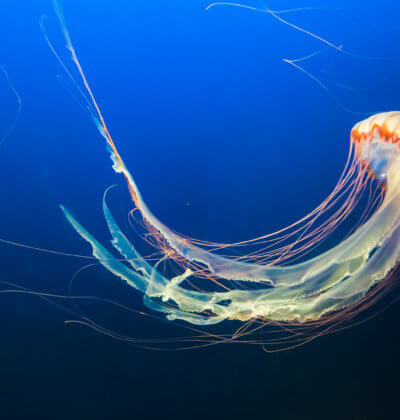 Diving Health
Diving Health
What is the best way to treat a jellyfish sting?
Jelly fish sting are unfortunately part and parcel of diving and can ruin a days scuba diving. Luckily in most cases, self treatment is all that is needed and the effects will go away within 24-48 hours. In nearly all circumstances jellyfish stings are not life threatening and this is more so in Thailand.
Not all jellyfish are dangerous. Most people think that all gelatinous,swimming marine animal encountered at the sea are "jellyfish" and moreover that they all sting. But not all jellyfish are stinging; many are harmless to humans, but it is always best to avoid touching them.
However in Australian the Box Jellyfish (Cubozoans) and [...]
Read The Story
 Courses
Courses






